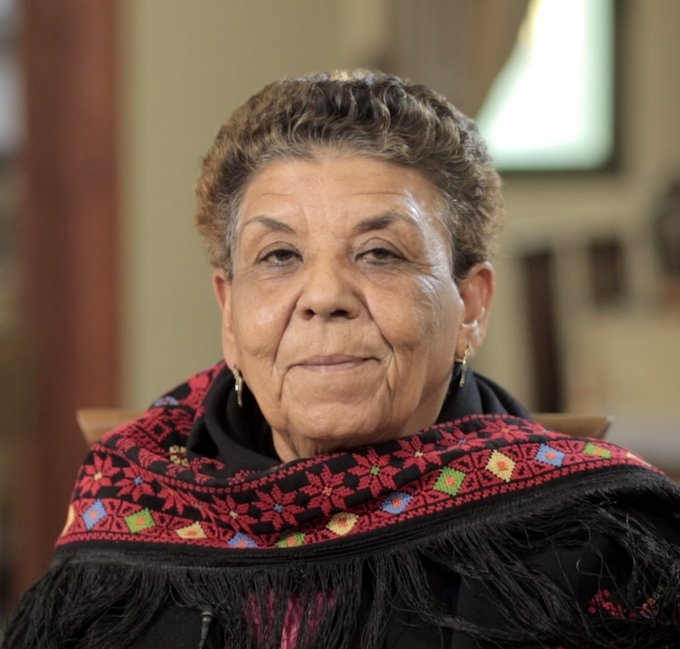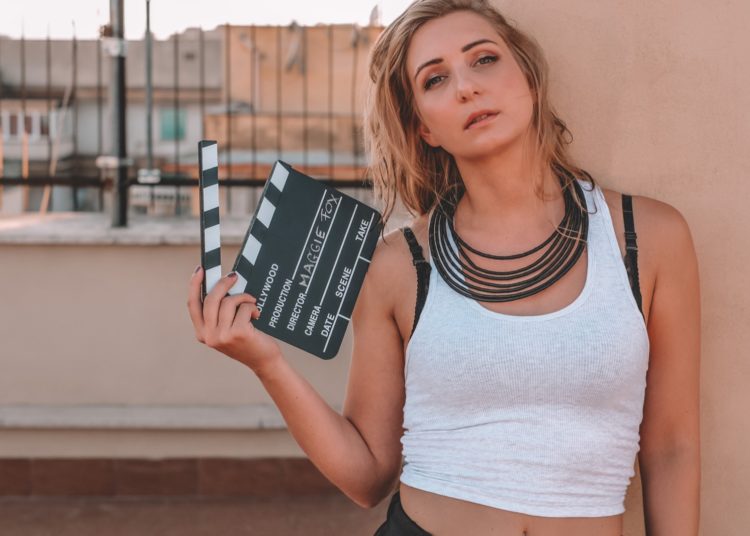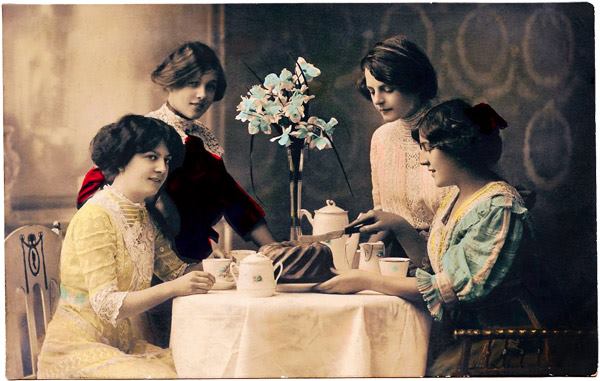This post is also available in: Français (French)
You were invited to France to take part in a series of conferences, and this led to relentless police behavior against you. Why is that?
I had planned to participate in 17 conferences on Palestinian living conditions under colonization and on the condition of Palestinian women. I was also going to attend the screening of the film Yallah Gaza, which I was a part of. Day after day, these scheduled events started getting banned one after the other, and we had to change venues every time to be able to go ahead with our meetings. I was arrested on October 14 in Marseille. My arrest was orchestrated by the Minister of the Interior. I was also placed under house arrest. I was accused because of my affiliation with the PFLP—which means I was being accused of resisting colonial occupation. I was in France only to inform listeners of the reality of what is happening in Palestine, and this truth scared them.
You later appealed this decision and the expulsion order was suspended, but the Minister of Interior also appealed this in turn. How did it go in court?
In court, they went so far as to scour Facebook and pull photos from there. Can you imagine! They also highlighted the PFLP as a terrorist organization, while the PFLP is a liberation organization. We are under occupation and have the right to defend ourselves. Since October 7, I’ve lost 64 members of my family, and many friends and people close to me. And they expect me not to talk about this? I was treated like I was on colonial land.
I knew that this case would not be to my advantage. On November 8, the State Council upheld the expulsion order without informing me. The following day, after the screening of Yallah Gaza, I was walking with two women when three armed men in black attacked us. They hit me hard on the head with their weapon and pushed the French woman who was with me to the ground. They forced me into their car. I didn’t know who they were; it wasn’t until later that I found out it was the police. I had a bump on my head and was in a state of shock. Over the course of four days, I was taken to four different cells and police stations. They made sure that I wasn’t in contact with anyone. They seized all my belongings, even my medication. It was cold and I didn’t have a cushion, no blanket either—there was just a wooden bench. They kept searching me, like I had bombs on me. On the morning of November 10, they wanted to take me on a military plane that was leaving early. I knew the flight to Cairo was leaving in the evening, and I refused to go. Since my passport is Egyptian, I had to go to Egypt. There was a large crowd of people who came to show support for me at the airport, and some journalists. My case had become a public issue. The attack wasn’t just against me but against the Palestinian resistance.
After what you’ve been through, what image do you have of Western democracies today?
All talk about human rights and democracy is a lie. It’s not up to Western countries to teach me about democracy. It’s up to me to teach it to them. Our people are undergoing genocide, and the West says Israel is defending itself. It seems that international law does not apply to us. I am for the liberation struggles of all people. If France were occupied, I would participate in its liberation. Why is the resistance of Nazi-occupied France called as it is, and ours is called terrorist? There’s no logic to it!
You started to fight for the liberation of Palestine at a very young age. How did you start out within the resistance?
We leave childhood very early. We become aware of the ongoing occupation in the very first years of our lives. I wanted to participate in the struggle for liberation because I found out that only boys, no girls, were allowed to sign up, and I thought that was unfair. I sent a letter to one of the PFLP leaders to put forth the fact I wanted to join the struggle, and I received a positive response. But I didn’t stop there. I also wrote to Gamal Abdel Nasser, the Egyptian president, and he responded. I wanted to show men that a woman could also take part in the liberation of her country.
I joined the Popular Front in secret and participated in operations. The Israeli army arrested me when I was visiting my parents. I was 15 years old. During the interrogation, I pretended not to understand anything and gave them answers that didn’t make any sense. I was imprisoned for two years, I was beaten, mistreated, tortured. When I was released, I was given 24 hours to leave my land. I was among the first to be forcibly exiled. It was like a death sentence. They dropped me off at the Jordanian border, and I had no documents on me. A few days later, some comrades found me and got me into Jordan. Then I went from country to country—I went to Lebanon, to Syria, to Libya, Iraq… and I continued the fight. In Lebanon, I was in charge of a military section.
During the long exile that followed, you notably began studies related to your struggle. What was this journey like?
To build the Palestinian State, it is crucial to study and cultivate yourself. I got a scholarship and was able to travel to Bulgaria. I studied Bulgarian and completed a master’s degree and a doctorate in philosophy there. My master’s topic was the Development of Palestinian women’s political consciousness in today’s era, and my doctorate was on the Liberation of women, customs, and traditions in Arab culture. It was a very enriching experience. But I was in exile and had no contact with my family during these years. I suffered greatly. My father passed away, and I couldn’t see him. I was forced to live 30 years in exile before I was able to go back home.
“It’s not up to Western countries to teach me about democracy. It’s up to me to teach it to them.”
After returning to your land, you were very active in the feminist struggle. Can you tell us about the association you built?
I’ve been convinced from a very young age of the importance of the liberation of all people, and of women too. Within the Popular Front, I’ve never felt I, as a woman, was treated any differently from my comrades. On the contrary, they are very careful to treat women and men as well as possible. A state cannot be built without half its society. The desire to found the Palestinian Working Woman Society for Development was fueled by the need to help Palestinian women face the political, economic, and social conditions they lived under in a situation of colonization. The association welcomed many young people who took over, and this made it possible to also work on different issues, like that of Palestinian female prisoners.
What do you think of what is currently happening in Gaza?
It’s really a catastrophe. I can’t drink, eat, or sleep knowing that my people are hungry, are thirsty, are being killed by the bombings. But this time, the truth has come out. The world is witnessing firsthand what Israeli colonizers are committing. The people of the world are uniting against injustice in the face of this ongoing genocide. Masks have fallen, and there is no going back. Because Israel does not only threaten Palestine; it threatens Egypt, Lebanon, and the entire region. Israel is supported and led by the United States and European countries, which must stop this colonial injustice. Arab countries have to combine their strength more than ever to resist this economic and colonial imperialism. This is why the Palestinian cause is also the cause of every free person and every free people on this earth.































